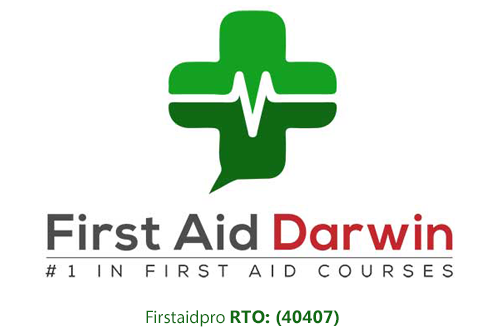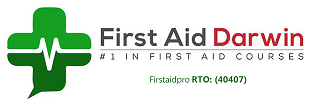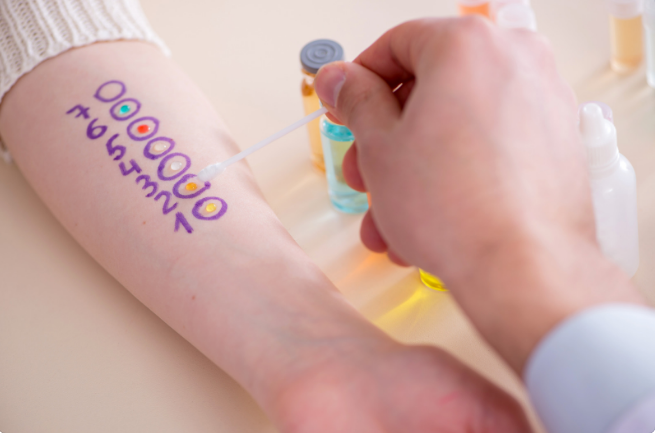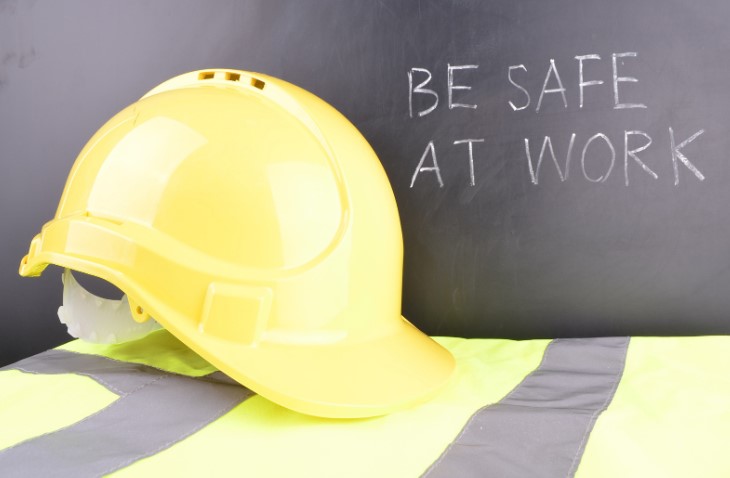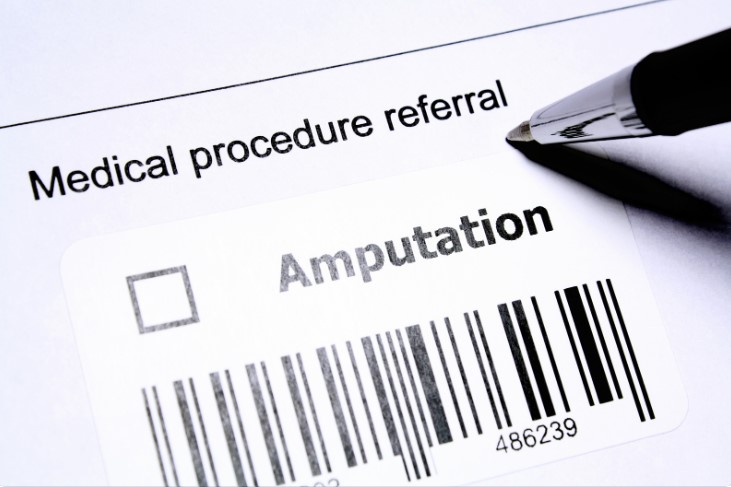Allergic reaction takes place when certain substances – known as “allergens” – come into contact with the skin, nose, eyes, and respiratory and gastrointestinal tracts.
While most reactions from these allergens are mild, in some cases they can be can be severe and life-threatening. The reactions can appear in a specific area or may affect the entire body.
The severe form of allergic reaction is called anaphylactic shock or anaphylaxis. Read on to know more about the condition.
What Is An Allergic Reaction?
An allergic reaction occurs when the body’s immune system overreacts to a substance that’s usually not harmful.
The immune system protects the body from foreign bodies that could cause sickness. The antibodies it produces specialize in destroying anything unknown in the blood and tissues that it deems as a threat.
The immune system is very effective when it’s working properly. However, in some people the immune system can be a little too sensitive, and can sometimes react to certain technically harmless allergens as though they were something attacking the body. Common culprits for this include grass and tree pollen, animal dander, dust mites, food, insect bites and stings, and more.
Once the body is exposed to these allergens, it might produce mild symptoms such as skin redness, irritation, watery eyes, and sneezing. In other people, it might be a cause of a full-blown anaphylactic attack.
Anaphylaxis is a life-threatening condition that can result in shock, drop in blood pressure, and breathing difficulties due to swelling in the nose and throat. In worse cases, it can lead to respiratory failure and cardiac arrest.
Symptoms Of Severe Allergic Reaction
The symptoms of Anaphylaxis usually involve more than one part of the body such as the skin, eyes, mouth, and lungs.
Common symptoms include:
- Skin rashes, itching, or hives
- Swelling of the lips, tongue, or throat
- Shortness of breath or wheezing
- Dizziness
- Fainting or collapse
- Stomach pain
- Vomiting or diarrhea
- Uterine cramps
- Difficult or noisy breathing
- Difficulty talking or hoarse voice
- Pale and floppy for young children
It is best to consult a doctor for a complete list of symptoms and work together to come up with an anaphylaxis action plan.
Immediate first aid treatment is necessary to provide the best chance for improvement and prevent serious health complications.
First Aid Treatment
Here’s what to do in the event of a severe allergic reaction.
Administer Epinephrine
Most people with a history of asthma and serious allergies often carry an EpiPen with them at all times.
An EpiPen is an auto-injectable device that contains a single dose of epinephrine. It is used to treat very serious reactions from allergens such as insect stings/bites, foods, drugs, or other substances.
To use an EpiPen, take off the blue safety cap and press the orange tip until there is a click sound. Hold the pen in place for ten seconds, then take it off and massage Ethe injection site for few more seconds.
Call Emergency Services
If the situation is serious enough to warrant an EpiPen, you also need to call triple zero (000) – epinephrine can counter the effects of Anaphylaxis for a short period, but it’s only a temporary measure – the person will need medical intervention as soon as possible.
If the person doesn’t have any history of Anaphylaxis and thus doesn’t have an EpiPen, the need is even greater – you should call emergency helps as soon as the signs of Anaphylactic shock begin to show.
Perform CPR
If the victim loses consciousness, be ready to perform CPR.
Place the heel of one hand at the centre of the chest and place the second hand over the first. Position the body with shoulders above the hand and press down and fast using body weight.
The CPR rhythm should follow the beat of the famous song “Stayin’ Alive” by the Bee Gees. Keep the cycles of compressions and rescue breathing until someone else takes over, or until medical personnel arrives.
Treat For Shock
Watch for any symptoms of shock, while keeping the victim comfortable. Talk to the person to keep them calm and elevate the feet over the head.
Avoid giving oral medications to the victim, especially if they are having trouble breathing.
What Can You Do To Prevent Anaphylaxis?
If there’s been signs you suffer from a significant allergy, an accurate diagnosis to know what allergens affect you is quite important. Seek advice from an allergist in creating an action plan to keep you safe.
Once determined, avoid those allergens as much as possible. Be familiar with substances that might cause a cross-reaction in your body. Talk to your doctor about the best ways to avoid these reactions.
Carry an EpiPen with you at all times. This auto-injector is very important and can save your life – or that of others suffering severe allergic reactions.
Have your doctor help you create anaphylaxis action plan.
Get Trained
The need for urgent medical assistance and first aid care is important in an allergic reaction. Anaphylactic shock can occur very quickly and is potentially very deadly. If left without treatment, the reaction may cause swelling of the airway, causing the person to stop breathing.
Learn first aid to know how to respond if someone is having a severe allergic reaction.
Book a first aid course today.
